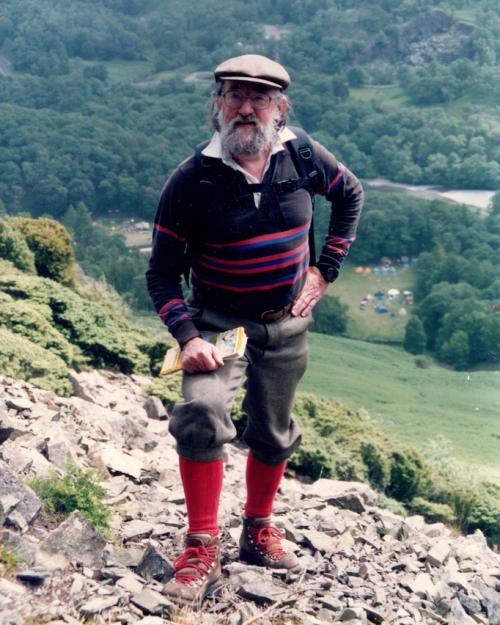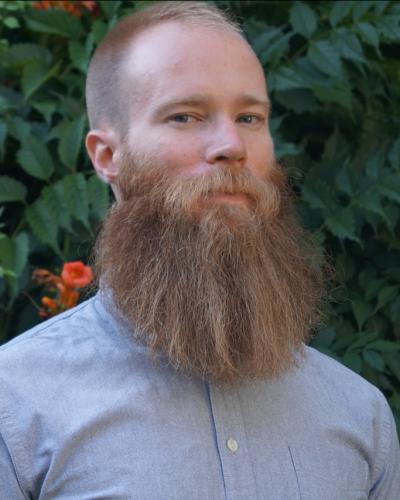Jeffrey Mathias is a doctoral candidate in science and technology studies. He attended SUNY Purchase College as an undergraduate and chose to pursue further study at Cornell due to the interdisciplinary nature of the Science and Technology Studies Department. Jeffrey tells us more about himself and his research in answers to the following interview questions:
What is your area of research and why is it important?
My dissertation uses 20th century experiments in isolation and sensory deprivation within psychology, psychiatry, and neurophysiology to tell a history of solitude as both an imagined geography and a means of making (and unmaking) certain types of people. In mid-century America, isolation was thought to be a peculiar hazard-- both environmental and psychological-- that posed a threat to soldiers fighting the Cold War in places that were imagined as particularly lonely (such as solitary cells in prisoner of war camps, the site of alleged Communist techniques of 'brainwashing,' or manned space capsules, whose orbit was thought to be accompanied by strange psychological effects). Concurrently, self-experimenting scientists, most famously the neurophysiologist John C. Lilly, imagined these experiments as a means of producing knowledge more authoritative by virtue of their own isolation, a Cold War iteration of a far older cultural topos that locates knowledge outside of-- and opposed to-- a larger collectivity; think, for instance, of the "solitary genius" or, more mundanely, the spatial and social function of the laboratory.
This research is important because it gives critical historical context to a number of contemporary phenomena. We will be living in the shadow of both Covid-19 and the accordant psychological effects of social isolation for quite some time and it's important to think through how we know what we know about these effects. Even further, my research makes an intervention in discourse around the contemporary form of the carceral state which makes use of solitary confinement as a means of destroying communities-- specifically communities of color-- at the level of the psyche; solitary confinement is, indeed, torture.
What inspired you to choose this field of study?
I was drawn to this project because of the grotesque poetry of it, military scientists developing bizarre means of isolating themselves and others-- water tanks, anechoic chambers, white noise and opaque goggles-- while fancying themselves "laboratory hermits" or modern ascetics. One of the things that's most fascinating to me about the project is how it demonstrates uncanny proximity between seemingly disparate scientific projects. For instance, why was the prisoner in solitary confinement taken up explicitly by scientists as a psychological model of the astronaut, the extreme environment of the prison camp a model of the extreme environment of outer space? The answer, I argue, has more to do with the Cold War rearticulation of the environment at large as both newly entangled with the human subject at a neurological level and as always already a site of warfare.
Tell us a bit about your awards and recognitions. Also, how have the awards helped you with your research?
I have been fortunate enough to have this research funded, in part, by a NASA and American Historical Association Space History fellowship and by a fellowship with the Judith Reppy Institute for Peace and Conflict Studies. Both of these fellowships gave me both time and resources to pursue sustained archival work in a number of different university and government collections.
What are your hobbies or interests outside of your research or scholarship?
Outside of my research, I have DJ-ed in some capacity for local community radio station WRFI (88.1FM in Ithaca, 91.9FM in Watkins Glen) for the last four years. My show, Interior Design, focuses on jazz and experimental music and airs every other Thursday 7-9PM.
Why did you choose Cornell to pursue your degree?
I came to Cornell specifically for the Science and Technology Studies department, which historically has been a haven for interdisciplinary weirdos such as myself. I also am very fond of Ithaca. I'm from upstate New York so maybe I'm predisposed but I think it unfairly gets a bad rap from many grad students.





